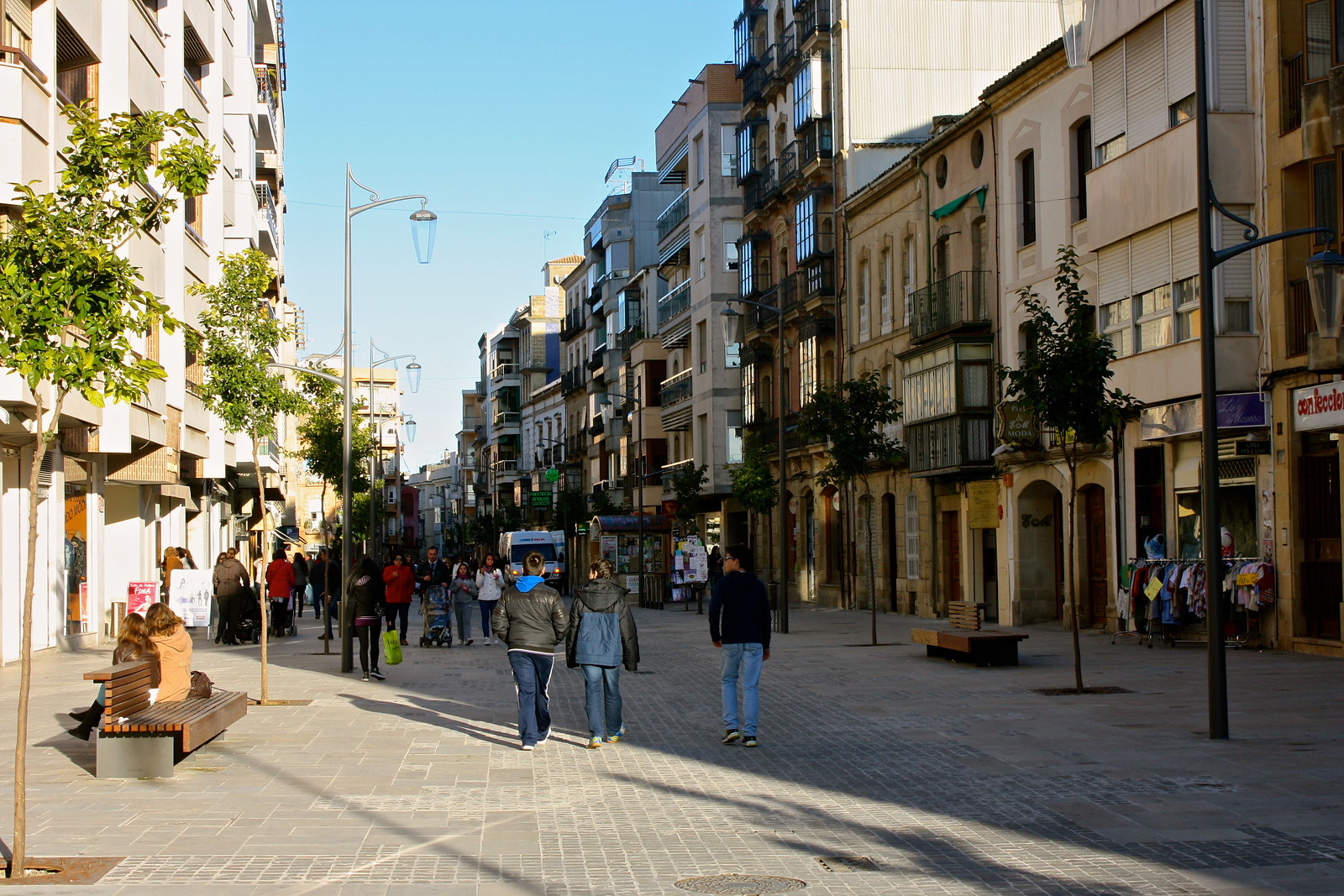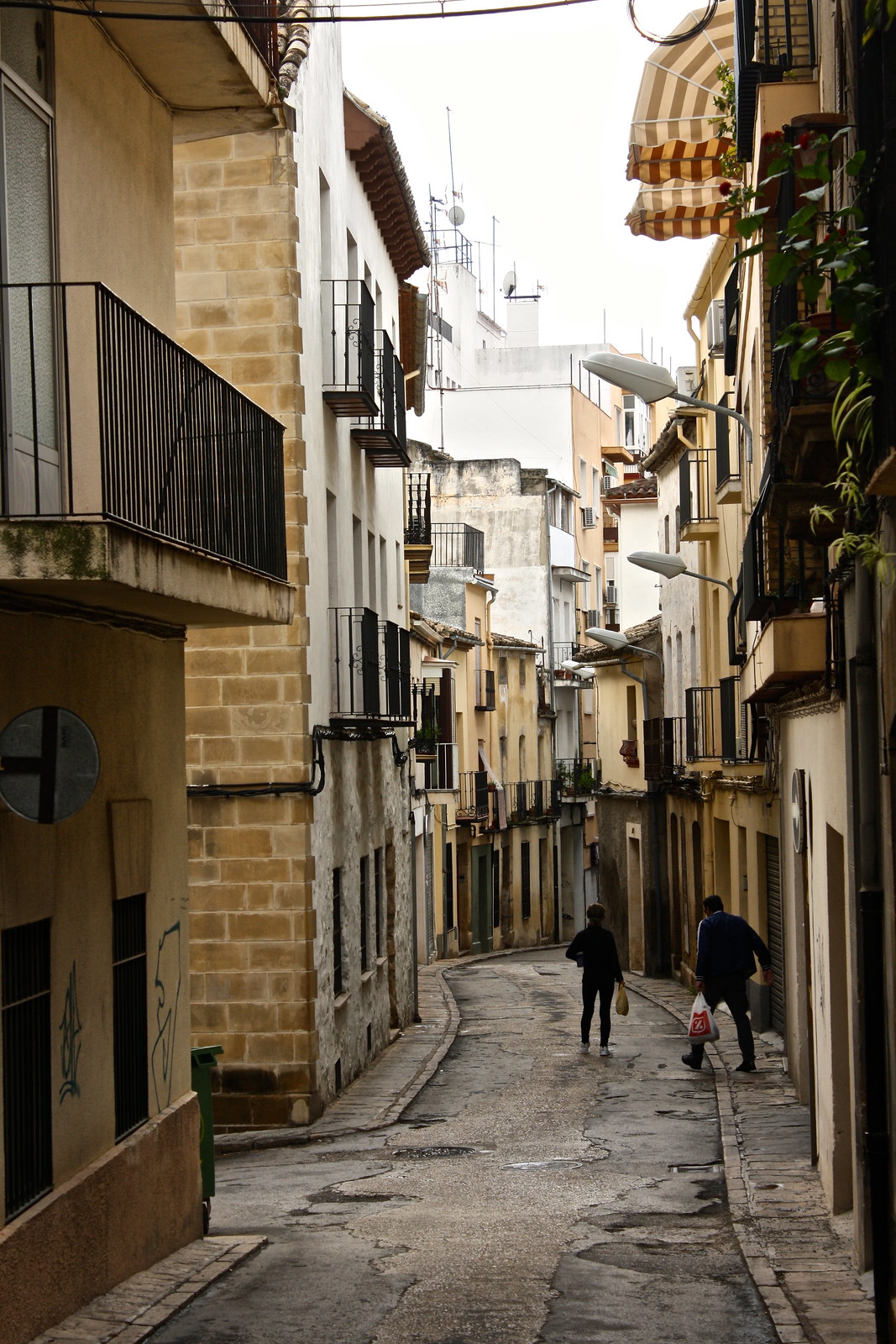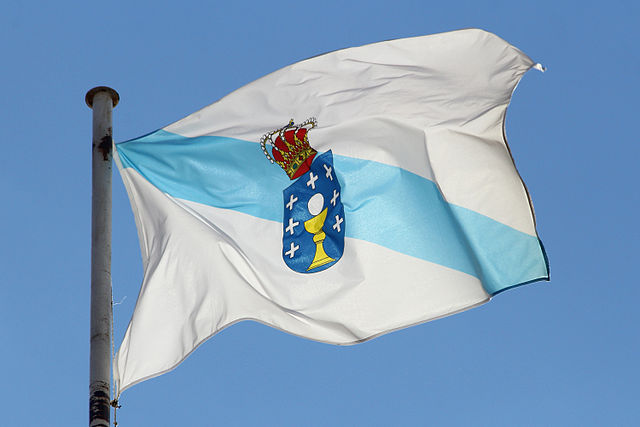On Saying “Bye!” to Say “Hi!” When Passing Friends in Spain
When I first came to Spain in September of last year, culture shock really wasn’t that big of a problem for me, thanks in no small part to the plethora of resources available online—expat and auxiliar blogs, for example—and in print—books like Culture Shock: Spain, and even the back matter of Lonely Planet Spain. Reading about little (and big) cultural differences beforehand prepared me well for my initial few weeks in the country, from giving kisses when meeting women to eating dinner at nine in the evening instead of five- or six-o’-clock.
Moving to Úbeda, in the northeast corner of the southern Andalucía region, I expected the local accent to be rapid, consonant-dropping, and generally different from textbook or news reporter Spanish. I had studied what made the andaluz accent different from “standard” Castilian, and was ready to interpret what I heard as comotá to mean ¿Cómo estás?—“How are you?”
But already in that first week of getting settled in Úbeda, I was hearing taló and taleugo being thrown around in the streets, and it appeared that people were just saying it to random folks as they passed them by. It really threw me for a loop; I wondered, are they really saying “hasta luego,” See You Later, to their friends as they walk past them? It didn’t make any sense for people to say “goodbye” when you’re supposed to say “hi” to someone you pass in the street.
I soon learned that hasta luego is, in fact, what you’re “supposed” to say. If you’re in a bit of a rush (as much as you can be in Spain) and can’t be bothered to make smalltalk with your neighbor’s daughter’s hairdresser, it’s the polite thing to say—it acknowledges you saw each other (rather than making it seem like you're ignoring them) and implies that you will, in fact, see this person at a later time to eventually talk again. I would loosely translate hasta luego as “Can’t talk now, but let’s catch up later!"
Shouting an hola or ¿qué tal? implies you have time to spare and want to start a conversation, see how things are going, how their grandkids are, etc. So if you happen to say hola to a friend while you’re on your way to the farmers’ market ten minutes before it closes, you kind of leave them hanging without finishing what you started; they thought you wanted to chit-chat or had something to say but then you kept walking!
If this sounds confusing and almost counter-intuitive, don’t sweat it, because I have Spanish friends themselves who aren’t sure when to say which phrase! But as a general guideline, use hasta luego when passing by an acquaintance (and continuing on), and hola and its many variations when you see someone you know and want to stop and “say hi.”
What do you say when you walk by people you know on the street? Comment below!
 |
| Calle Obispo Cobos, Úbeda |
Moving to Úbeda, in the northeast corner of the southern Andalucía region, I expected the local accent to be rapid, consonant-dropping, and generally different from textbook or news reporter Spanish. I had studied what made the andaluz accent different from “standard” Castilian, and was ready to interpret what I heard as comotá to mean ¿Cómo estás?—“How are you?”
But already in that first week of getting settled in Úbeda, I was hearing taló and taleugo being thrown around in the streets, and it appeared that people were just saying it to random folks as they passed them by. It really threw me for a loop; I wondered, are they really saying “hasta luego,” See You Later, to their friends as they walk past them? It didn’t make any sense for people to say “goodbye” when you’re supposed to say “hi” to someone you pass in the street.
 |
| Calle Minas, Úbeda |
I soon learned that hasta luego is, in fact, what you’re “supposed” to say. If you’re in a bit of a rush (as much as you can be in Spain) and can’t be bothered to make smalltalk with your neighbor’s daughter’s hairdresser, it’s the polite thing to say—it acknowledges you saw each other (rather than making it seem like you're ignoring them) and implies that you will, in fact, see this person at a later time to eventually talk again. I would loosely translate hasta luego as “Can’t talk now, but let’s catch up later!"
Shouting an hola or ¿qué tal? implies you have time to spare and want to start a conversation, see how things are going, how their grandkids are, etc. So if you happen to say hola to a friend while you’re on your way to the farmers’ market ten minutes before it closes, you kind of leave them hanging without finishing what you started; they thought you wanted to chit-chat or had something to say but then you kept walking!
If this sounds confusing and almost counter-intuitive, don’t sweat it, because I have Spanish friends themselves who aren’t sure when to say which phrase! But as a general guideline, use hasta luego when passing by an acquaintance (and continuing on), and hola and its many variations when you see someone you know and want to stop and “say hi.”
What do you say when you walk by people you know on the street? Comment below!

